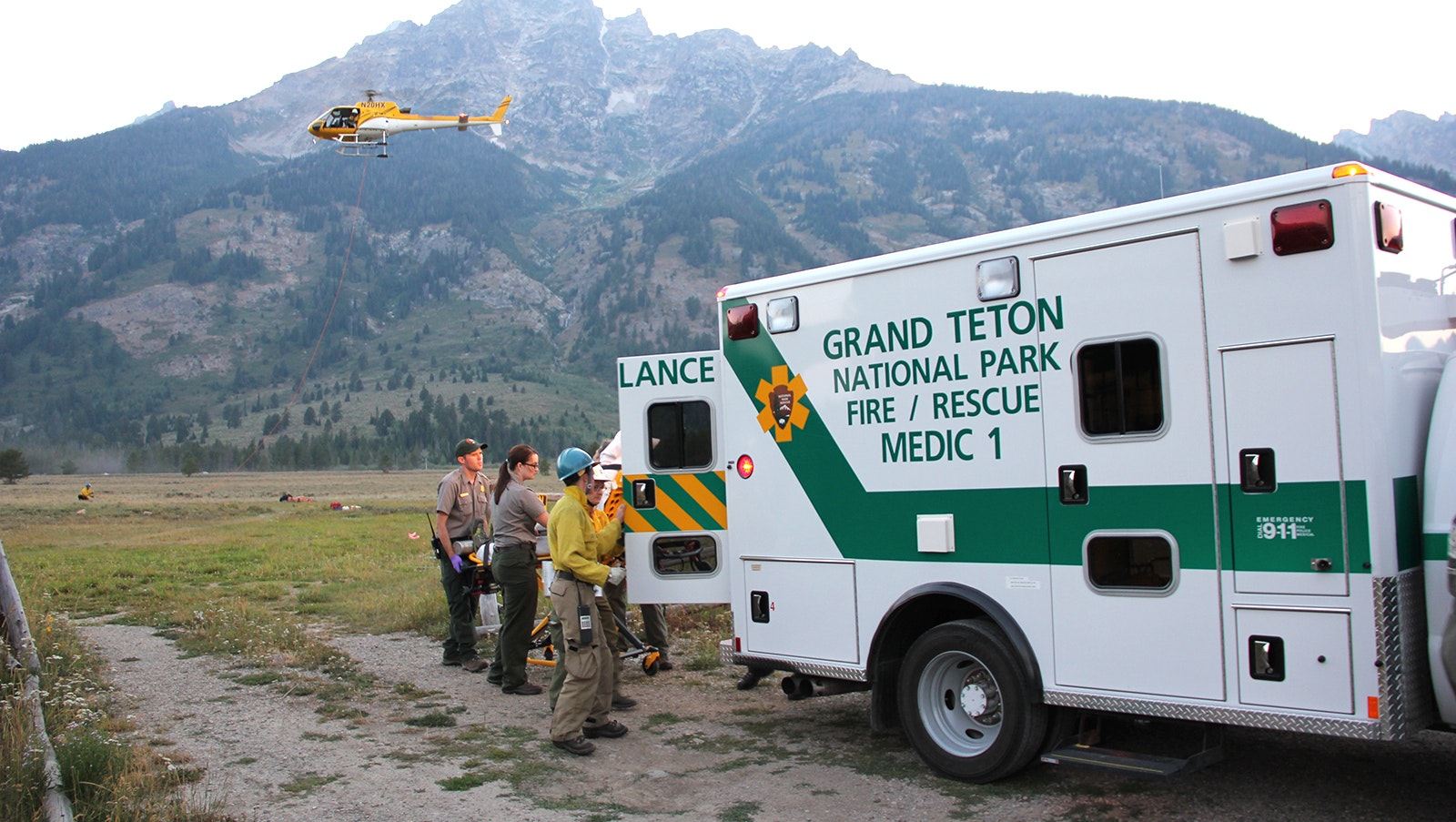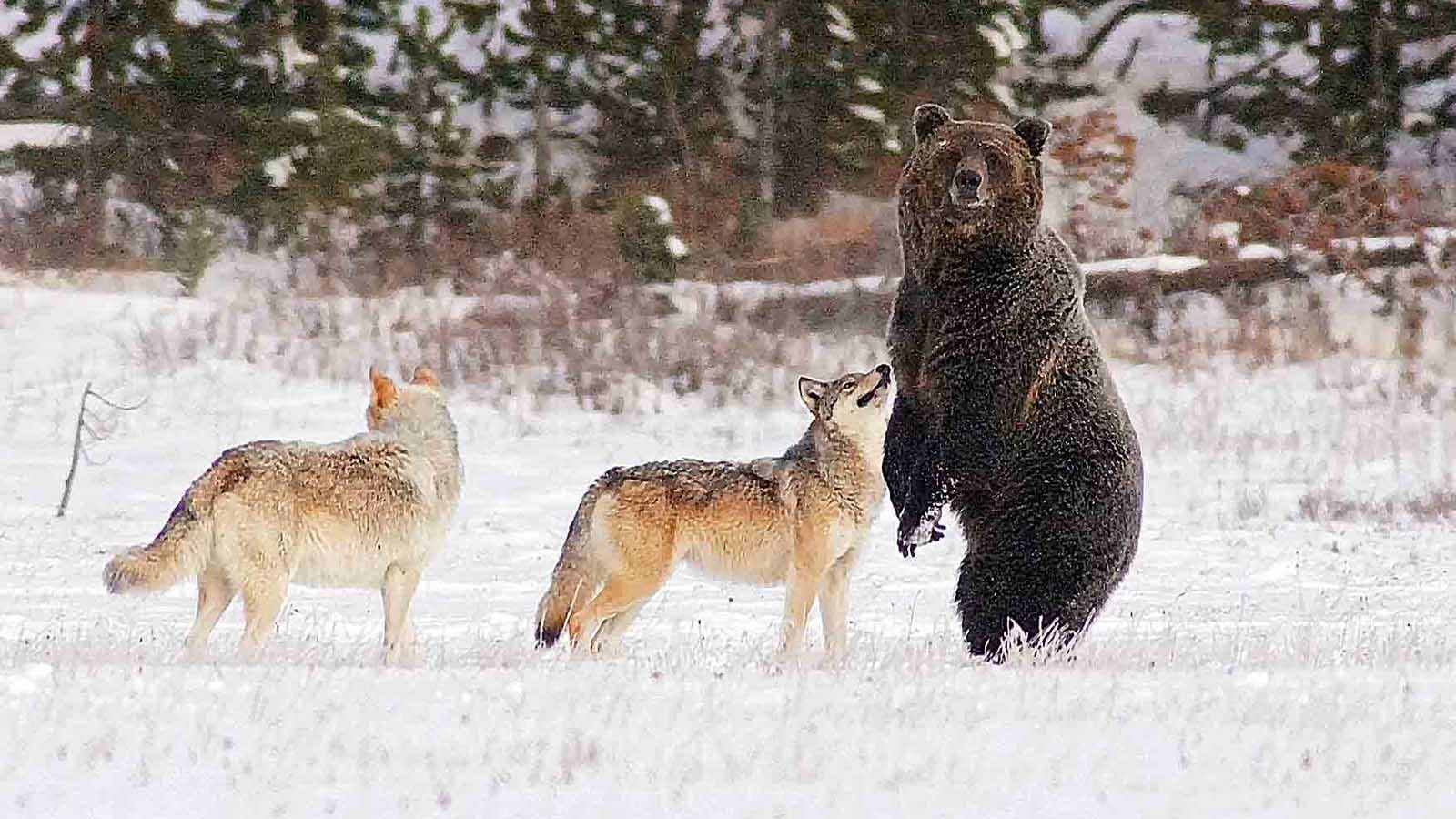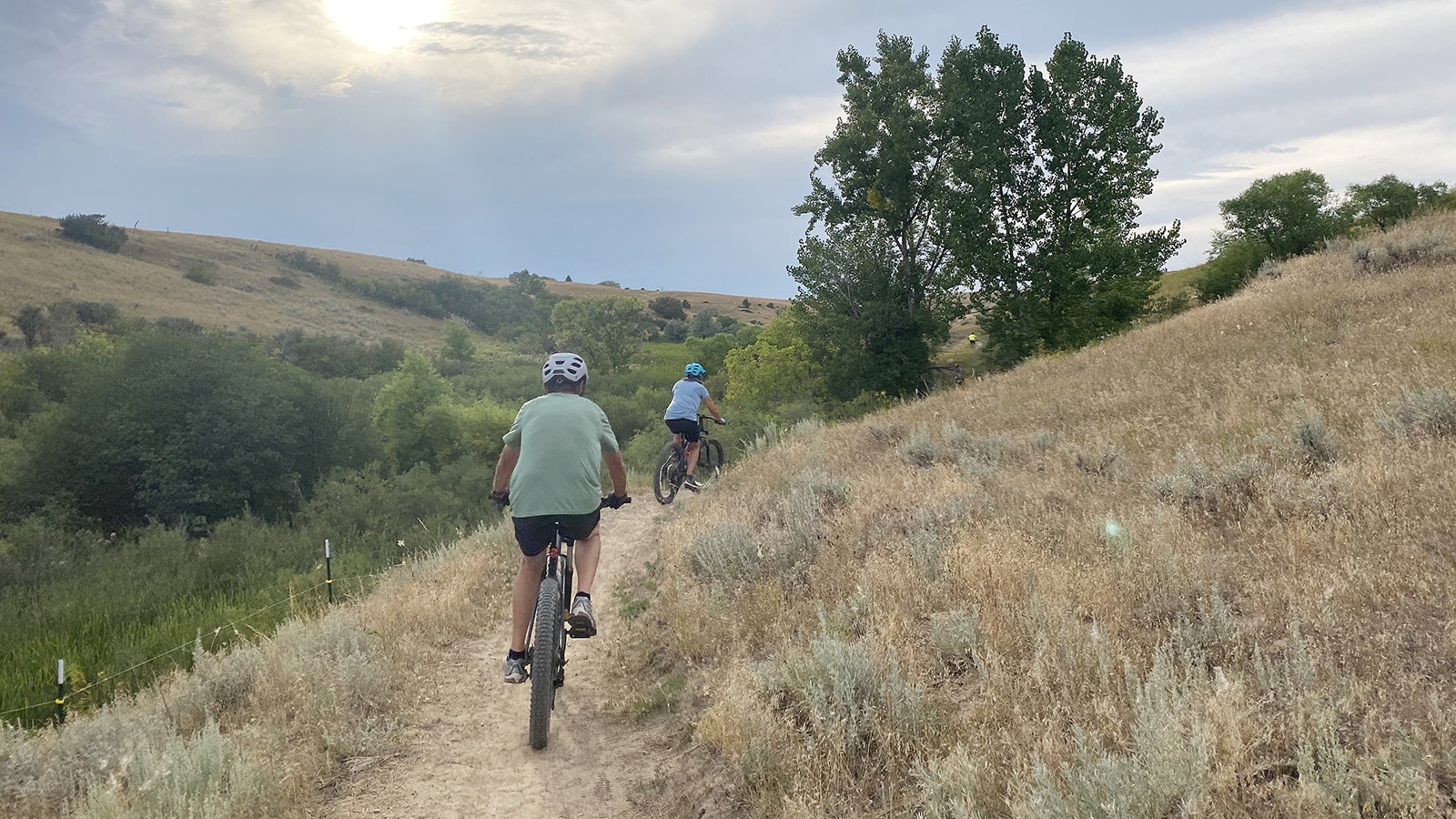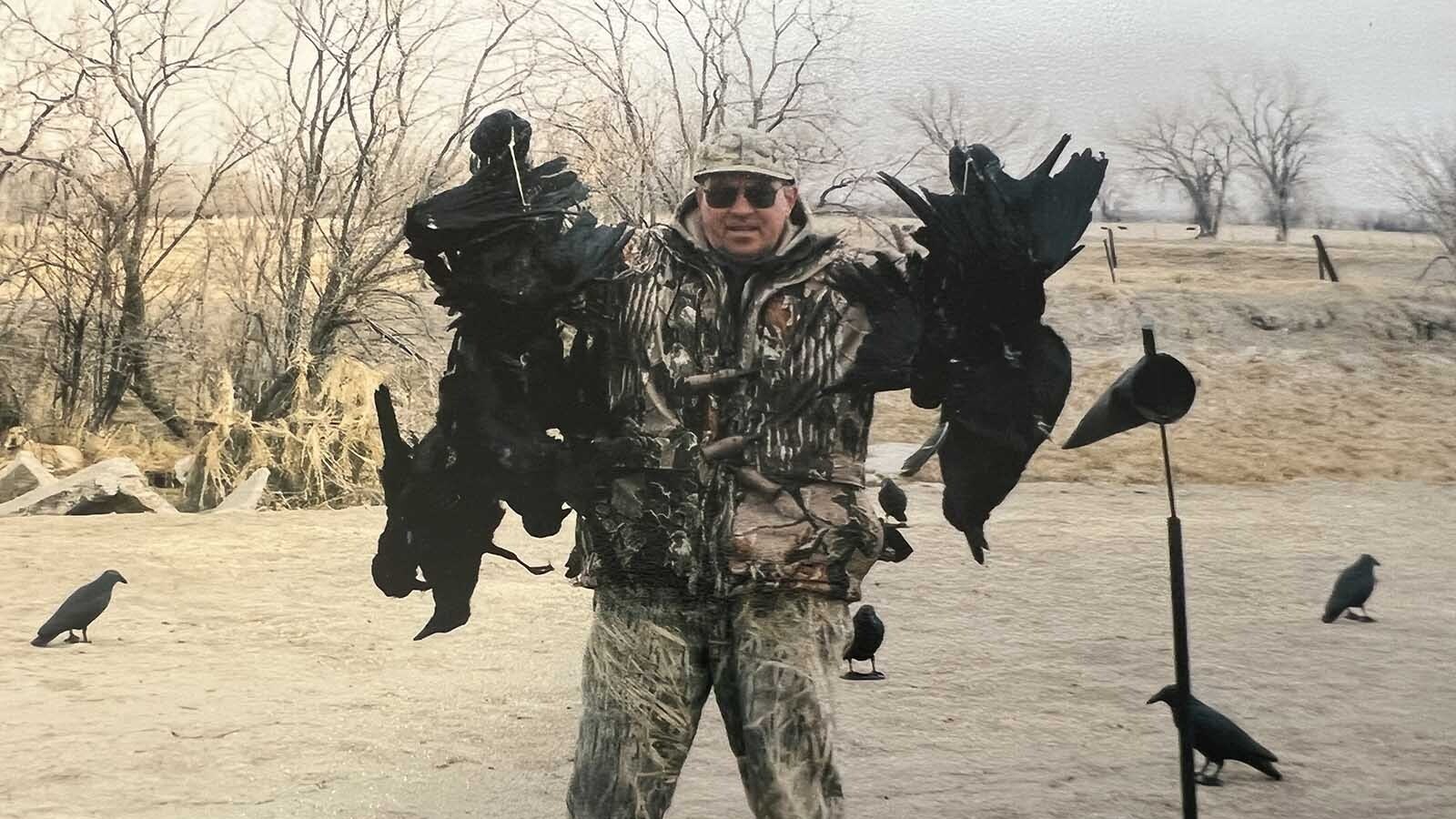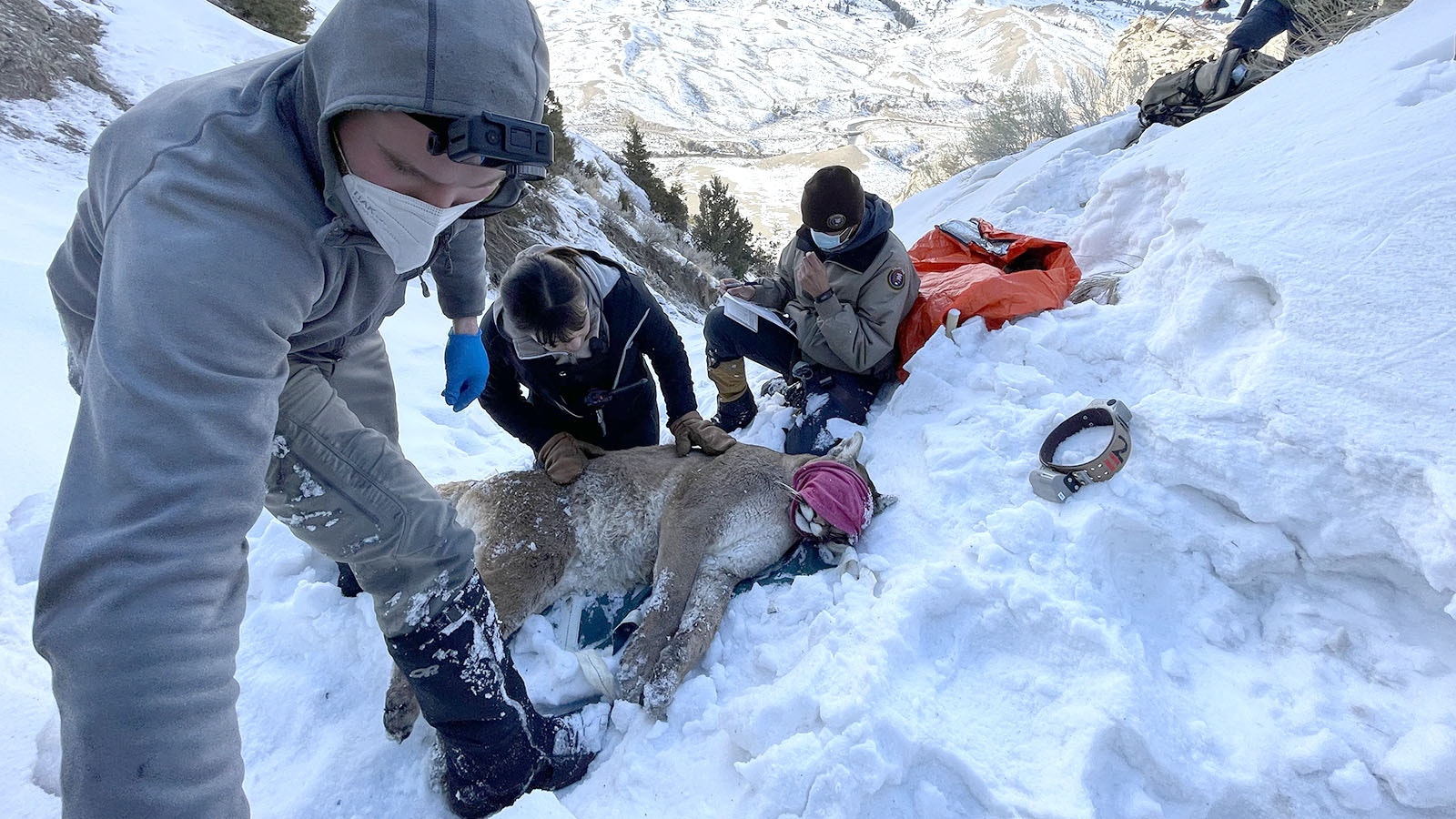If you bust a leg in Wyoming’s backcountry, you probably won’t have to bust out your wallet — at least not until the Life Flight bill comes due.
Backcountry search and rescue is essentially a free public service in Wyoming, some experts told Cowboy State Daily.
“Search and Rescue is already essentially funded by the public,” and is therefore in most cases a cost-free public service, said Park County Sheriff’s Office spokesman Monte McClain.
Sheriff’s offices are required by Wyoming statute to provide search and rescue services, said Kelly Ruize with the Wyoming Office of Homeland Security.
However, Life Flight or other air ambulance services are essentially private entities, so when search and rescue teams must call them in, they can bill clients for their services, McClain said.
Movement To Make ’Em Pay
Making people pay for being pulled out of backcountry pickles is nothing new. There’s been talk in some states — particularly along the crowded Eastern U.S. — to start billing people for emergency wildland rescue.
That idea started to gain traction back East more recently, as the COVID-19 pandemic prompted more people, many of them inexperienced, to take to the outdoors, according to The New York Times.
In one instance, the New Hampshire Game and Fish Department in 2021 slapped a family of four with a $5,000 bill for their rescue in the Mount Lafayette area. The agency claims they ventured into the rugged area completely unprepared and had grossly underestimated the difficulty of the hiking route they’d decided to tackle.
Wyoming Will Still Remain Free
However, basic search and rescue services will remain free in Wyoming, McClain said.
If a sheriff’s office runs over budget because of a high volume of calls or one massive operation, it can apply for reimbursement through the Wyoming Search and Rescue Council, he said.
Wyoming residents also can pitch in a little extra toward search and rescue programs.
“When people buy a hunting or fishing license in Wyoming, they can check a box allowing them to make a donation to search and rescue funds,” McClain said.
Personnel costs are kept low because search and rescue teams across Wyoming are made up almost entirely of volunteers, he added.
“Usually, the only paid search and rescue person is the team coordinator, and that person is almost always a sheriff’s deputy,” he said.
Cowboy State Does It Right
The way Wyoming runs search and rescue is “typical” and the right way to do it, Christopher Boyer, executive director of the National Association For Search and Rescue, told Cowboy State Daily.
The push to make people pay for backcountry rescue operations is a bad idea, he said.
“The general reason we encourage ‘no fee’ rescue is that search is an emergency. Locating, accessing, stabilizing and transporting the subject all get harder with time. We don’t want the fear of a big bill to delay the call to 911,” he said.
“Also, SAR is a public service much like law enforcement or fire, neither of which is charged to the victim,” Boyer added.
Choppers Gobble Up Cash
Rescues that involve only ground personnel typical aren’t too much of a strain on a county’s budget, McClain said.
It’s when the air cavalry needs to be called in that the cash starts flying.
“Aircraft are typically the most expensive element,” he said. That’s particularly true of helicopters, which can cost $3,000 to $5,000 an hour in fuel and other operating fees.
But again, if a chopper is tied to the county or some other government entity, such as the Air National Guard, the folks getting rescued won’t get stuck with those bills.
Private air ambulances, such as Life Flight, are another matter, McClain said. If they must be called in to lift injured or sick people out of the wilderness, then those companies can bill the patient at their discretion.
That’s when having good health insurance can really come in handy, considering that $3,000 to $5,000 hourly fee covers only the operation of chopper and not any fees from in-flight medical attention, he said.
Mark Heinz can be reached at mark@cowboystatedaily.com.

